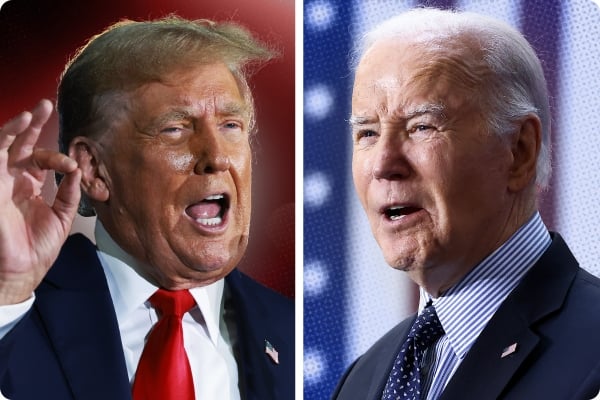As the November election draws near, higher education institutions across the United States are closely watching the candidates’ platforms and policies on key issues affecting colleges and universities. Both President Donald Trump and former Vice President Joe Biden have outlined their plans for education, but many in the higher ed community still have questions and concerns.
One of the biggest issues facing higher ed is the ongoing COVID-19 pandemic and its impact on campus life and learning. Institutions have had to quickly adapt to remote learning and implement new safety measures, but many are struggling financially as enrollment numbers decline and state funding is cut. Both Biden and Trump have addressed the pandemic in their campaigns, with Biden focusing on increased funding for schools and Trump advocating for a return to in-person learning. However, educators are still unsure about the long-term effects of the pandemic on higher ed and what support will be available moving forward.
Another hot topic for higher ed is student debt and access to college. Biden has proposed making public colleges and universities tuition-free for families earning under $125,000 a year and doubling Pell Grants for low-income students. Trump, on the other hand, has not stated any specific plans for addressing student debt but has focused on expanding vocational and technical education. Higher ed leaders are looking for more details from both candidates on how they plan to support students and make college more affordable.
Diversity and inclusion are also top of mind for higher ed as institutions work to create more inclusive campuses and support marginalized students. Biden has spoken about the need for equity in education and has promised to invest in historically black colleges and universities (HBCUs) and minority-serving institutions. Trump has made efforts to increase funding for HBCUs and support school choice, but some critics argue that his administration has not done enough to address systemic inequalities in education. Higher ed leaders are hoping for more concrete plans from both candidates on how they will promote diversity and inclusion in colleges and universities.
Overall, higher ed has questions for both Biden and Trump as they prepare to cast their votes in November. Educators are looking for more specific details on how each candidate plans to address the challenges facing higher education, including the pandemic, student debt, and diversity. It is crucial that the next president prioritize and support the needs of colleges and universities to ensure the continued success and accessibility of higher education in the United States.

